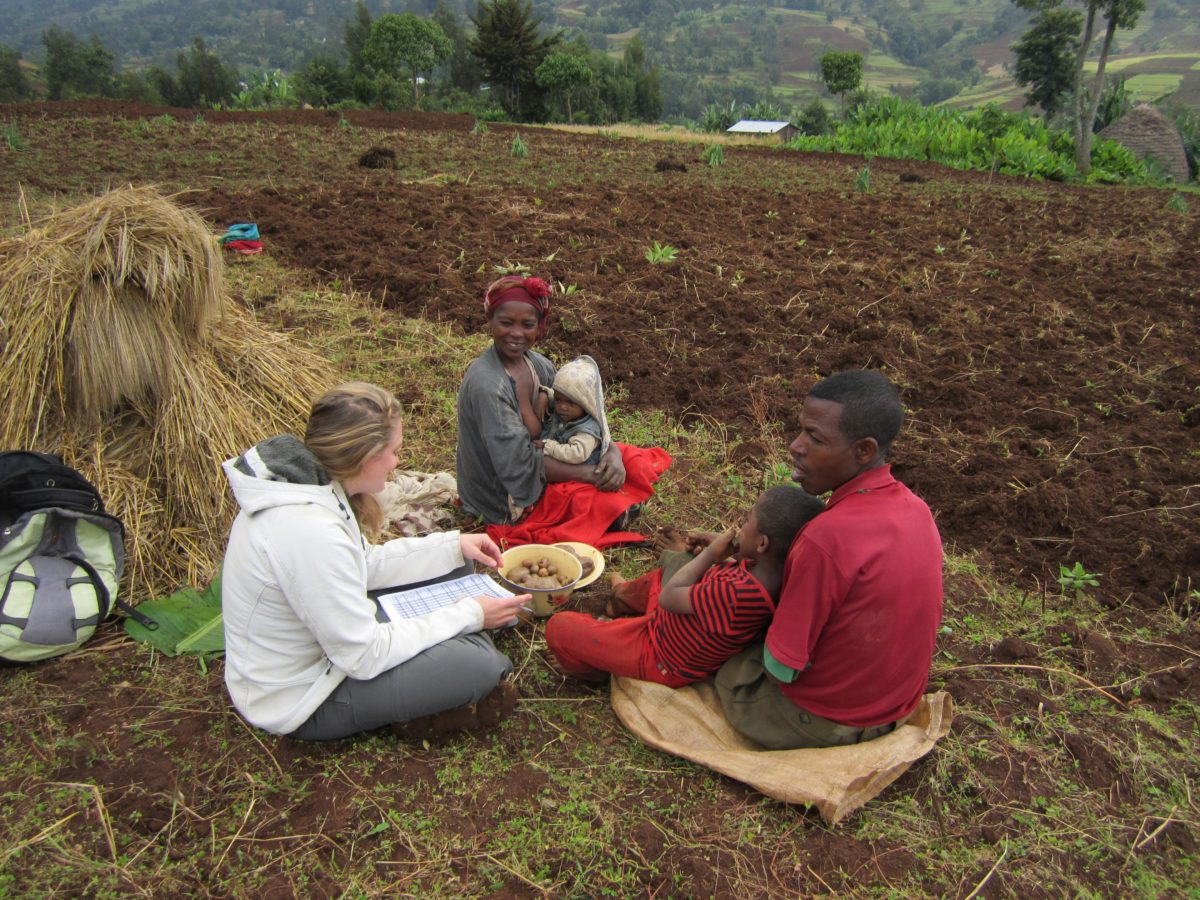The Department of Child and Family Studies is excited to announce our new Graduate Certificate, “International Children, Youth, and Families” which will be implemented in the 2017-2018 Graduate Catalog.
The 12-hour graduate certificate is intended for currently admitted graduate students in any University of Tennessee program wishing to develop knowledge and skills necessary for studying and working with children, youth, or families from diverse cultural backgrounds internationally and in the U.S. Certificate candidates must currently be admitted to a graduate program at the university or hold a terminal degree and be admitted to the graduate school. Course work for the certificate must be completed at the University of Tennessee within a five-year period. A minimum 3.5 GPA must be earned in all certificate courses. All courses must be selected from the list below. Other courses may, where appropriate, be substituted for the courses listed below with the permission of the program coordinator.
Requirements
Advanced exploration of cross-cultural and international research and theory on children, youth, and families, focusing on variations of experience within and between cultural and national contexts.
At least one of the following:
Students will design cross-cultural research with international partners including in-depth review of and response to challenges and considerations for cross-cultural research studies; the analyses of historical and contemporary cross-cultural research studies, qualitative research methods, and exposure to diverse cultural contexts are emphasized.
Examining early development (zero to 5 years) from a cross-cultural perspective; focus on cultural and international research and theory.
At least two of the following:
Diversity in child and family contexts, focusing on variations that coincide with major axes of diversity in contemporary societies.
Historical, philosophical, and sociological foundations; selected nations and their cultures.
Introduction to history, varieties, theory and practice of multiculturalism and multicultural education. Addresses the promotion and critique of multicultural education and related concepts in theory and educational practice.
Combination of theoretical readings in cultural studies and service learning for social justice project. Discussion of interdisciplinary, social justice and activism. Links between theory and practice of cultural studies.
Social justice issues: education practices. Social justice, moral commitments to others in educational settings, and equal opportunity to acquire social goods and benefits.
Using scholarship in the history and sociology of sport this class studies the development of sport in selected countries throughout the world. Students examine the impact of globalization processes on sports and a variety of issues including the origins of sport, globalization, class, disability, education, ethnicity, gender, labor migration, nationalism, politics, race, religion, and sexuality.
Examines historical and contemporary issues facing refugees and displaced people worldwide from socio-cultural and human rights perspectives. Topics addressed include the theory, methods and ethics of research with refugees and displaced people, international legal frameworks, the role of culture, political dynamics of refugee movements and internal displacement, and critical approaches to humanitarian responses.
Conceptual and practical exploration of methods and techniques cultural anthropologists use in fieldwork. Research design, ethical considerations, field safety, and qualitative data collection and analysis methods are addressed.
+ Attainment of a minimum 3.5 grade point average in the certificate coursework.
Faculty Contact
For further information regarding the certificate program, contact Associate Professor Samara Akpovo.
